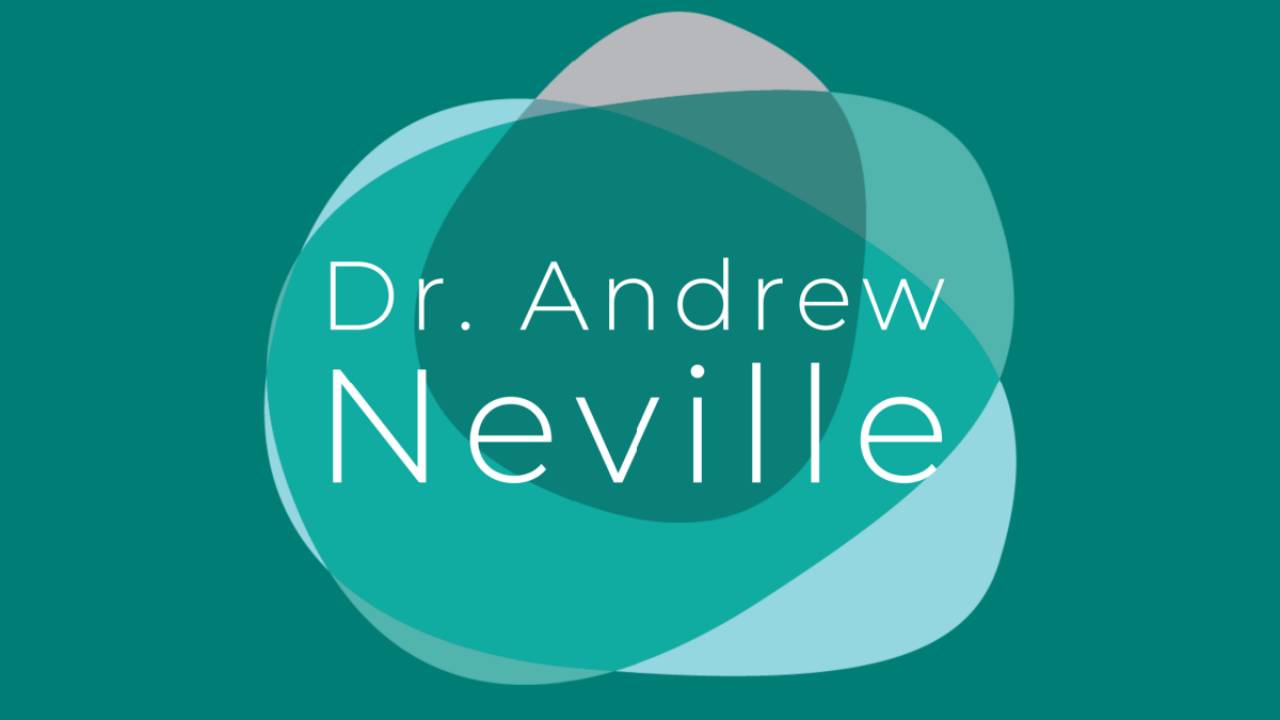My patients are 92% women. Of those women, over half are also suffering from menopausal symptoms when they come to me for help. These high percentages make perfect sense when you understand the connection between the ovaries and the adrenal glands.
Before the transition into menopause even begins, women are told that the experience will be anywhere from unpleasant to debilitating, and it often is. But it doesn't have to be!
If you're reading this article, you may suffer from hot flashes, weight gain, anxiety, insomnia, fatigue, and vaginal dryness. What your doctors may not have told you is that menopausal symptoms should not be debilitating. They don't even have to be unpleasant. In fact, they shouldn't be there at all! Just because it's common doesn't mean it's normal.
There's a profound dysfunction at play, and it's absolutely testable and treatable. It's just not what you've been told.
Menopause Should Occur Without Symptoms
(Regardless of What Your Gynecologist Said)
Menopause is the normal progression of ovarian hormone decline. It is a natural transitional process and should occur without symptoms. Yes, you read that right: It's possible to go through menopause without weight gain, insomnia, or even a single hot flash!
Here is the crucial bit that no clinicians talk about, do they?
Your adrenal glands have the ability to produce every "ovarian" hormone you have. When I was in med school, this was never even mentioned.
As the ovaries gradually decline during healthy perimenopause, the adrenals kick in and produce the hormones that the ovaries stop producing. Yes, these same hormones! The adrenals pick up the baton and keep going.
But if the adrenals aren't up to the task because of a lifetime of cumulative chronic stress—stress from all sources—then this critical transition for women isn't supported. Menopause becomes another task for the adrenals; the taxed adrenal glands drop the ball on that process.
When the adrenal glands fail to do their job, miserable menopausal symptoms appear. Many of the symptoms attributed to menopause are actually "adrenal" symptoms, not ovarian hormone symptoms.
When the Adrenals Drop the Menopausal Ball
(Anxiety and Fatigue Are Around the Corner)
Now that we know adrenal health directly affects ovarian hormone health, it would stand to reason that the millions of women experiencing difficult perimenopause and menopause for years, despite all the conventional medical recommendations and BHRT, are experiencing adrenal problems and not a problem with the ovaries.
Why would that be?
There are so many demands on women in our society that chronic stress takes a toll on their physiology.
Think about what's on their plate: home-making, child-rearing, maintaining a career, finding time for self-care, stress about finances, relationships, illness, aging parents, and even the accumulated stressors —believe it or not —chores, sitting in traffic, fears, past emotional or physical trauma, medication side effects, food or environmental allergies, or psychological disorders. The list goes on.
When long-term, chronic stress of any kind occurs, Adrenal Fatigue results. The stress response is working overtime, and the adrenals can't do their job as they should. They certainly can't pick up the baton from the ovaries by providing the estrogen or progesterone needed to ease the transition into menopause.

3 Life-Altering Symptoms Doctors
Blame on Menopause
#1 Weight Gain
If you're going through menopause and noticing weight gain, why wouldn't you think it's "the change" causing a difference in how your body processes caloric intake?
But blaming unwanted weight gain on menopause is nonsense. It's also ridiculous for clinicians to tell you to exercise more and consume less now that your body is "slowing down."
Have you noticed weight around your midsection that's never been there before despite your steadfast eating and movement regimens? It's crucial to understand that it has nothing to do with menopause! The real culprit to this weight gain is stress, cortisol, and Adrenal Fatigue.
Why does stress make you gain weight?
If you experience long-term chronic stress, your stress response system gets stuck in fight-or-flight physiology and becomes "broken." Your body reacts like you're always in imminent danger, like a tiger chasing you. And if a tiger is chasing you, your body knows you need immediate fuel to fight it: sugar.
If there is no tiger, you don't burn up all the sugar your body just produced, so the body has to put it somewhere. It turns it into fat and stores it, usually in the hips, thighs, and belly, so you can use it later.
The only way to lose weight from this dysfunction is to heal your Adrenal Fatigue and get your cortisol levels balanced.
#2 Depression
I wish I could take a poll right now. "How many of you reading this are on antidepressants?" If my patient base is any indication, I bet that over 75% of you have been shuffled off to the psychiatrist because no one could find anything else "wrong with you."
Piling antidepressants on top of BHRT should tell you something. The BHRT isn't helping with how malaise rules your days and nights. This makes sense because depression isn't an ovarian problem; it's an adrenal problem.
Society can incorrectly associate depression with simply being unhappy, but it goes way beyond that. Research proves that stress hormones in the brain cause depression in both animals and humans. Remove the stress hormones, and you can fix the depression.
As an Adrenal Fatigue Specialist, I hear the word "depression" and immediately wonder what is going on with someone's physiology, limbic system, and adrenals.
Pharmaceuticals may help in the short term, but I promise you: healing Adrenal Fatigue will ease your depression once and for all, naturally and permanently.
#3 Brain Fog
As we age, it has become commonplace to accept that our cognitive function declines and our memory isn't as sharp as it once was.
A few forgotten words here and there can leave us laughing about the toll we pay for getting older. What people dismiss as "brain fog" if it happens for too long and too often, however, can get anyone feeling scared and concerned for their cognitive health.
Most of my new patients have real concerns that they're developing early Alzheimer's or dementia, and they feel it's all downhill from here. When I discuss the difference between brain fog and dementia with them, the first thing I tell them is that brain fog improves over time. The relief they feel hearing this brings tears to some of my patients.
It doesn't help that many GPs say that "brain fog" is just a side effect of menopausal changes (your ovaries).
Brain fog has nothing to do with your ovarian hormones and all to do with stress hormones. Stress hormones create oxidative stress, mitochondrial damage (low energy,) and numerous neurotransmitter changes in the brain, all of which contribute to the brain fog my patients suffer.
The good news is that reversing Adrenal Fatigue not only heals your miserable menopause symptoms but also restores cognitive function so you can think again.




